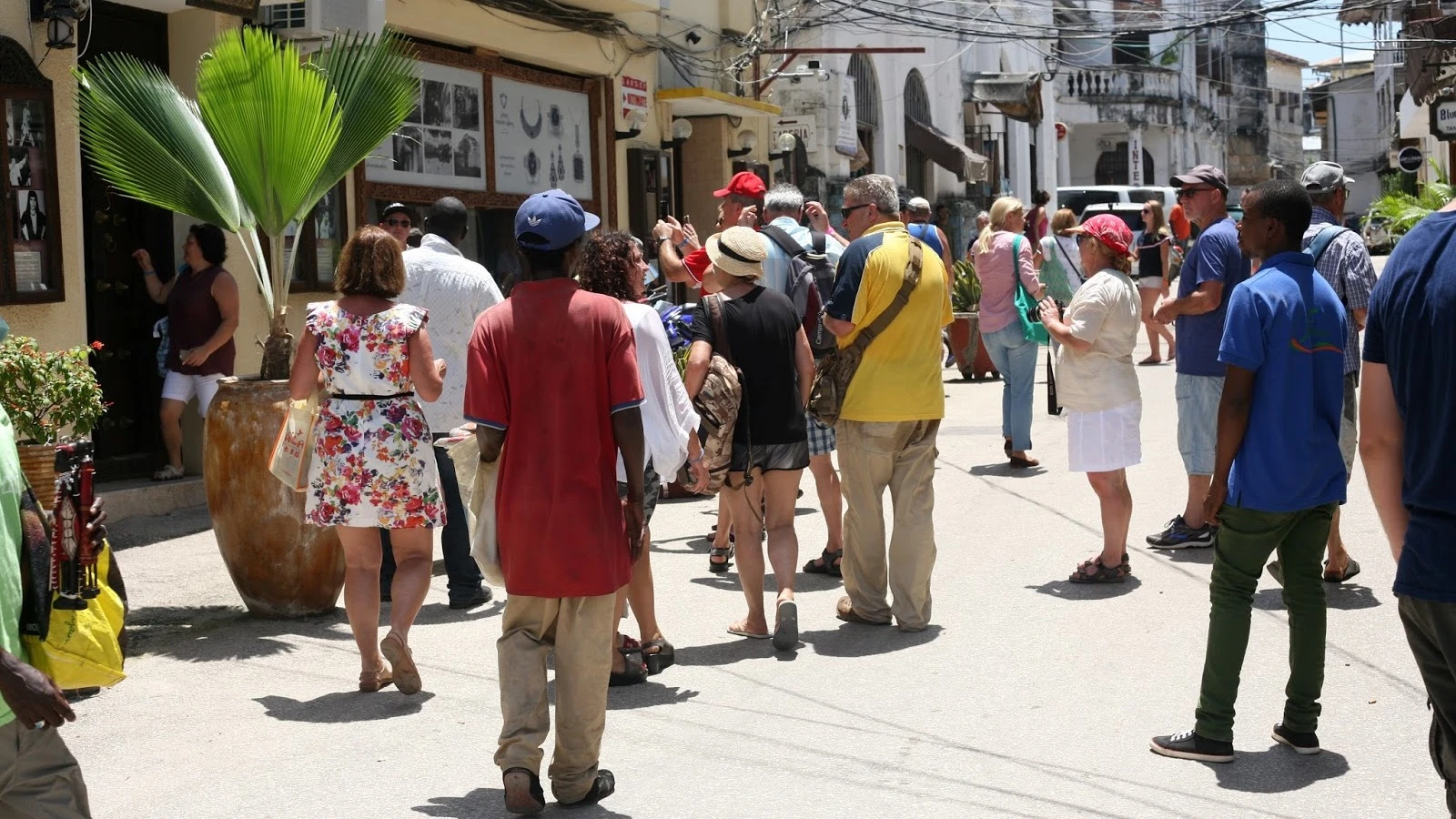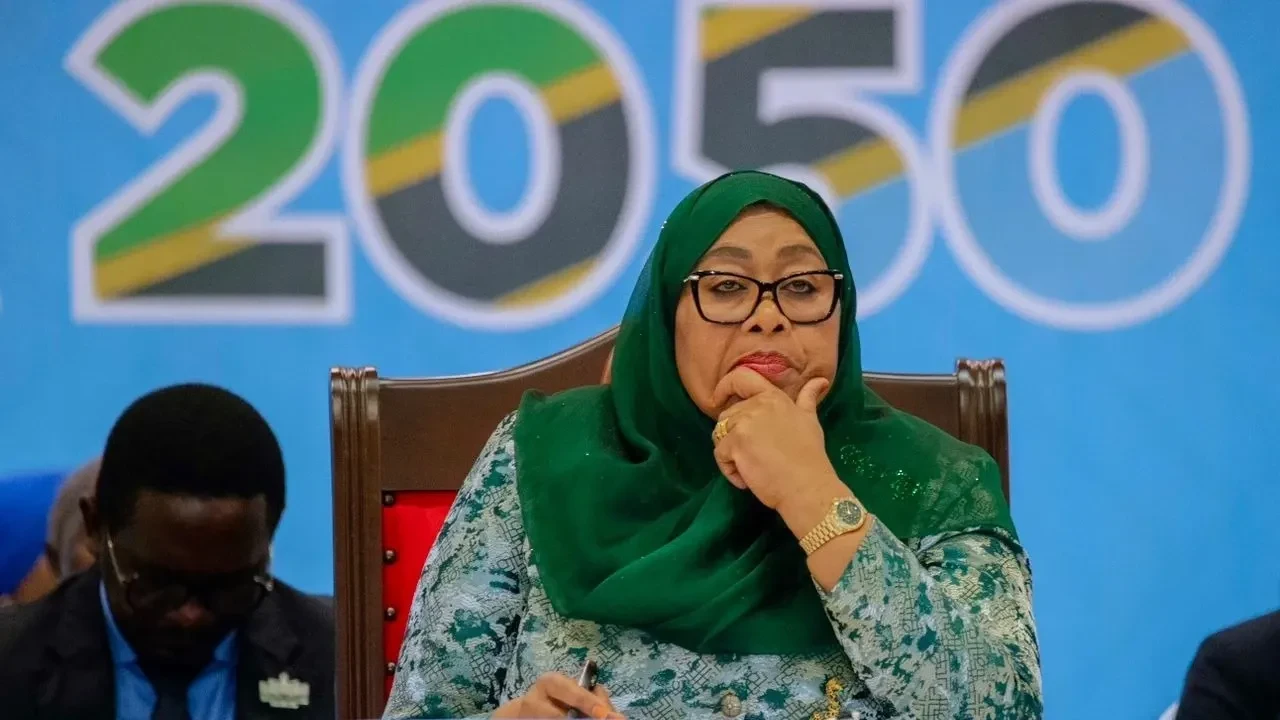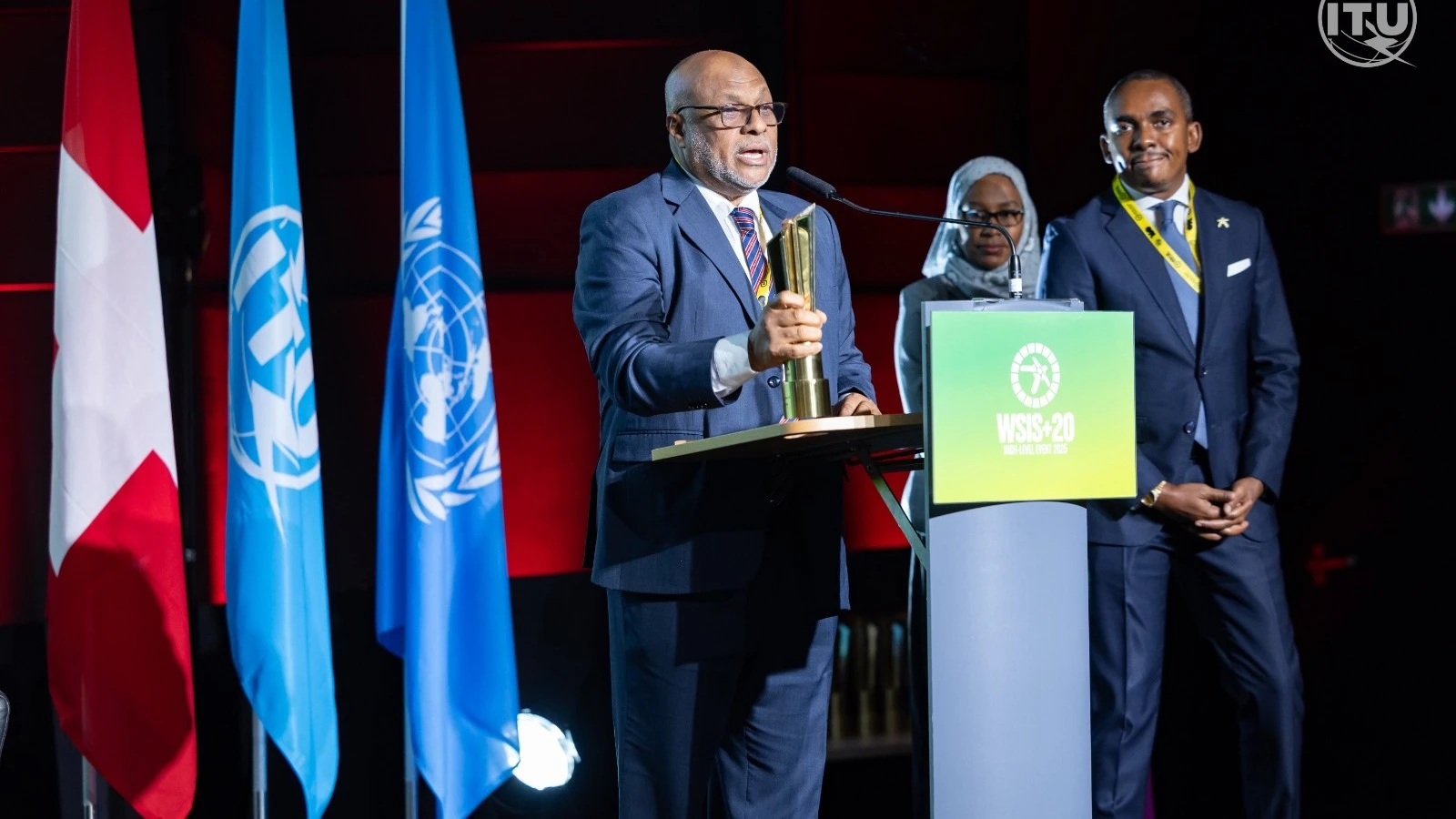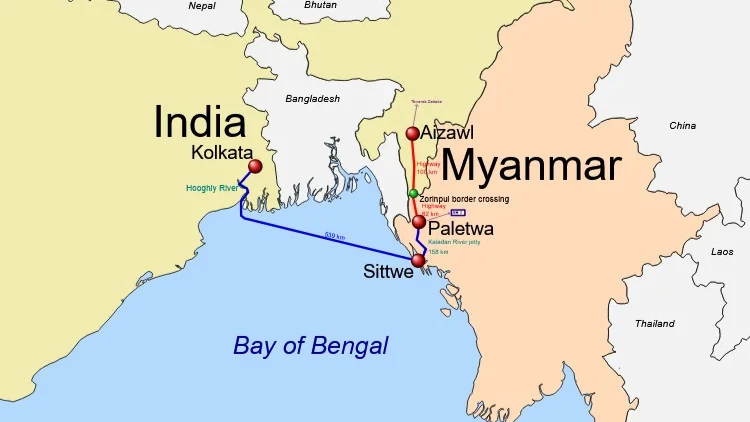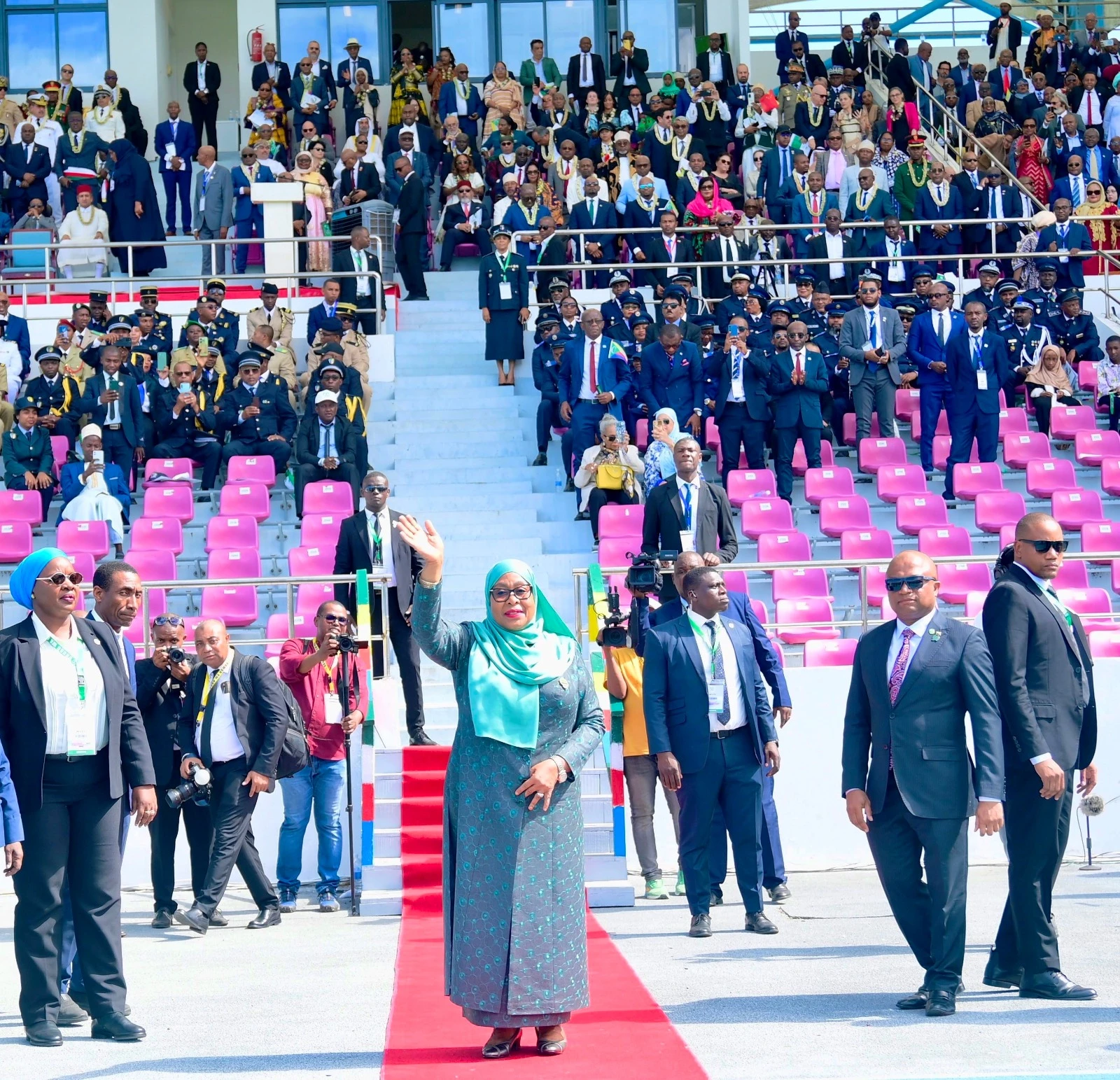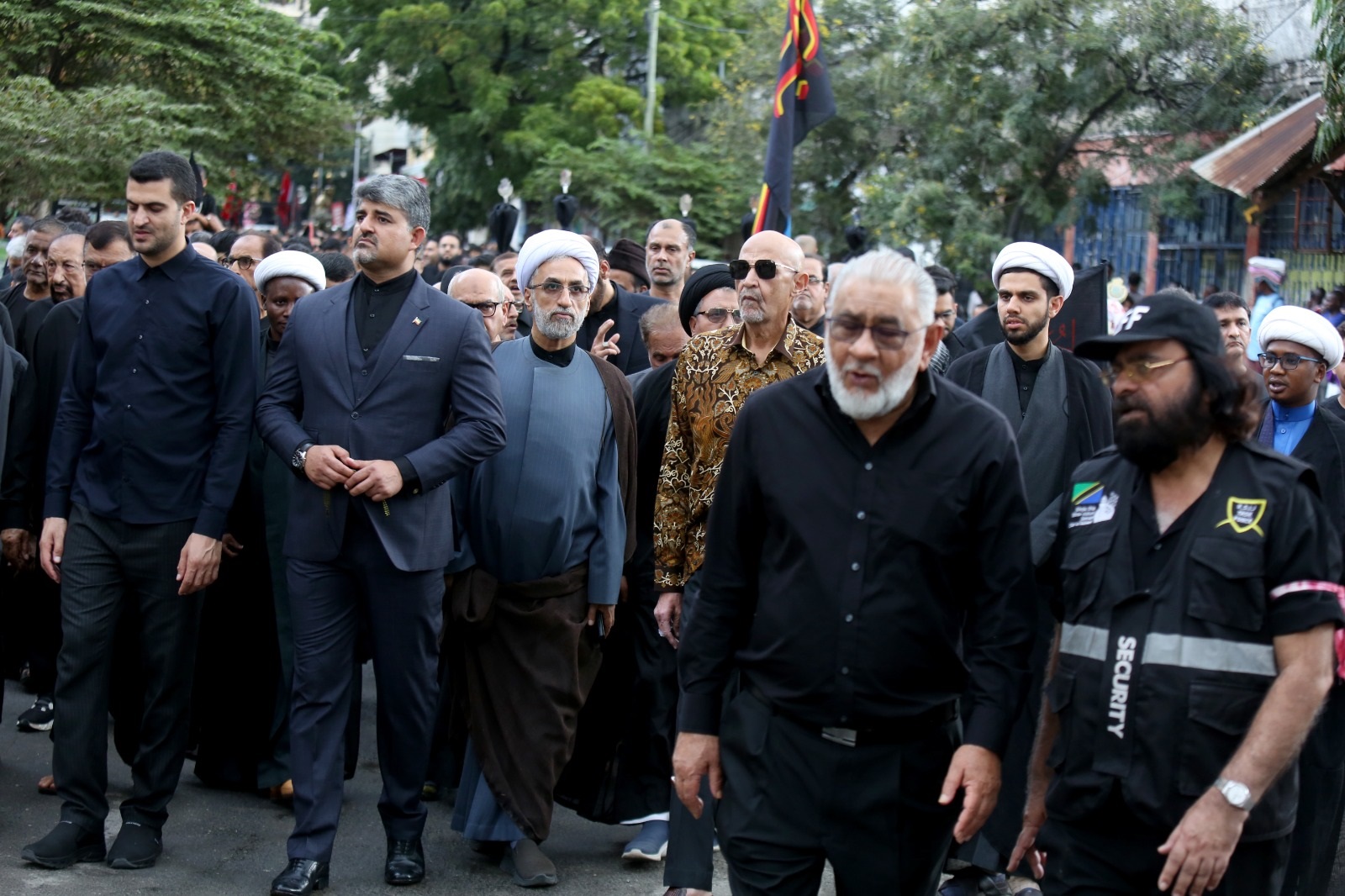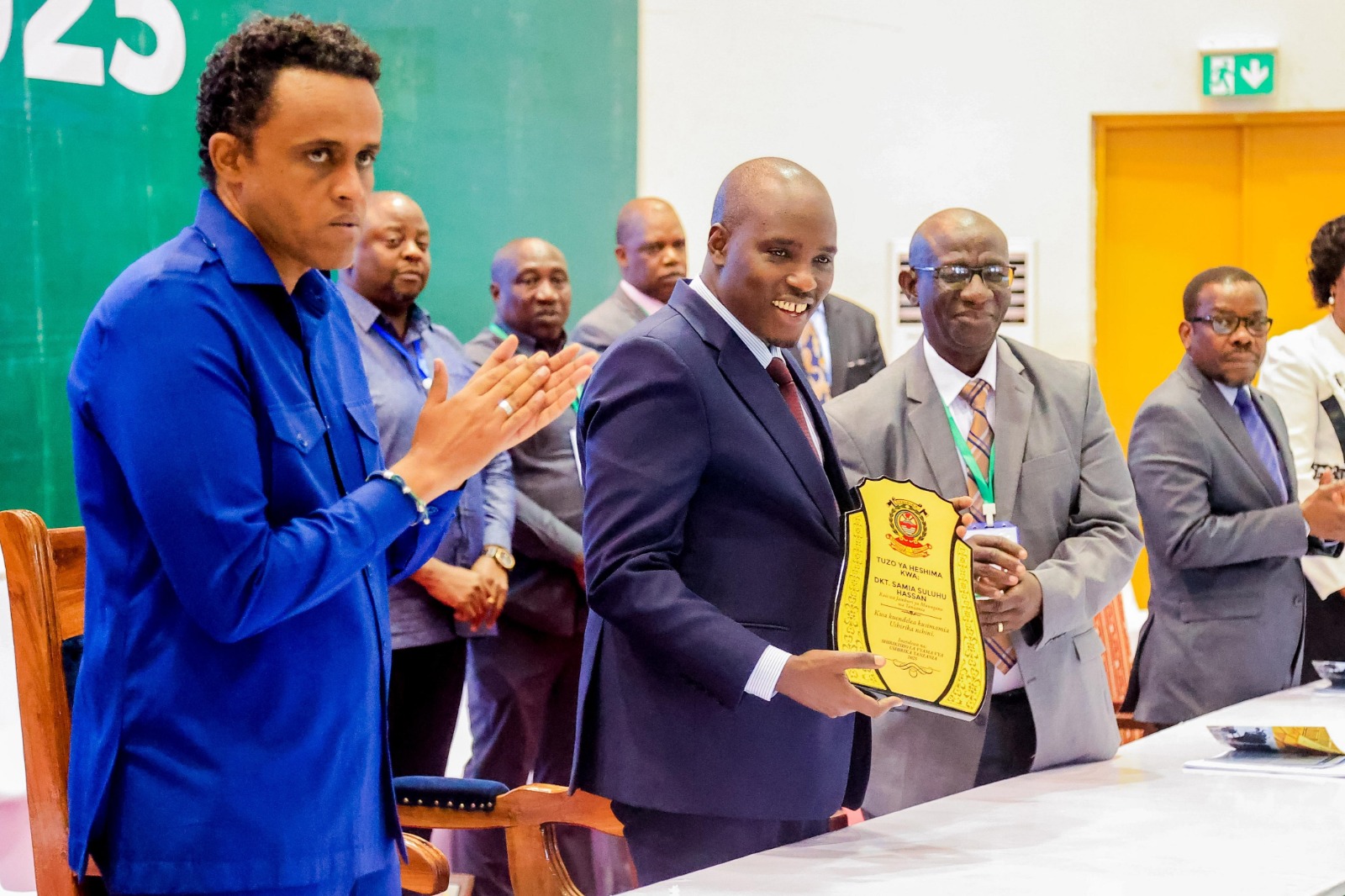Operation Sindoor: How all-party parliamentary delegation reflects India’s unity in diversity
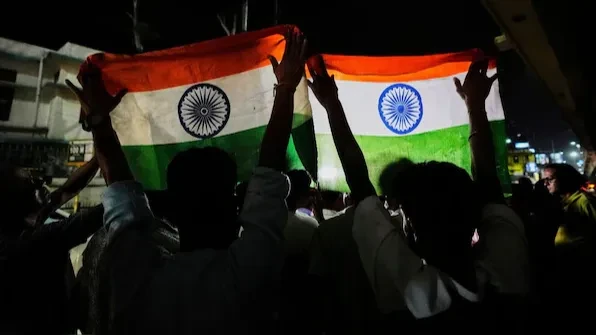
In the aftermath of the blood-soaked Pahalgam massacre, India’s response will extend beyond missiles and military action. It will deploy diplomacy driven by diversity—a sophisticated strategic counteroffensive aimed at reclaiming narrative supremacy in the international arena. Through its defence minister Khawaja Asif’s recent statement, Pakistan has admitted that it’s involved in terrorism and is blaming others for its own involvement in “dirty work”.
The formation of an all-party parliamentary delegation coordinated by Parliamentary Affairs Minister Kiren Rijiju, working closely with the Ministry of External Affairs, highlights India’s intention to project unity in diversity. Over 30 MPs, carefully selected from across the political spectrum, will brief foreign governments and parliaments across Europe, North America, East Asia, West Asia, and the Global South.
This delegation reflects the breadth of India’s democratic fabric. The team includes Congress stalwarts Shashi Tharoor and Salman Khurshid, Nationalist Congress Party’s Supriya Sule, DMK’s Kanimozhi, TMC’s Sudip Bandyopadhyay, Shiv Sena’s Priyanka Chaturvedi, AIMIM’s Asaduddin Owaisi, BJD’s Sasmit Patra, CPI-M’s John Brittas, and veteran Muslim leader Ghulam Nabi Azad. BJP representatives include notable figures like Anurag Thakur and Aparajita Sarangi. Tharoor and Owaisi, known for their articulate responses during crises, stand out prominently.
The strategic symbolism of selecting diverse voices—Hindu and Muslim, secular and religious, north and south, male and female—is intentional and timely. India’s diplomatic outreach aims to neutralise Pakistan’s longstanding propaganda abroad, simultaneously reinforcing a powerful message of internal cohesion.
Significantly, the domestic front echoed this unity in a compelling visual message: Colonel Sofiya Qureshi, a Muslim officer from the Indian Army, and Wing Commander Vyomika Singh, a Hindu Air Force helicopter pilot, jointly briefed the press about Operation Sindoor. Their appearance was deliberate, showcasing India’s unity in diversity and gender equality—a stark contrast to the religiously motivated terrorism India faces from Pakistan.
Colonel Qureshi, who previously led India’s contingent at an ASEAN military exercise, and Wing Commander Singh, a highly decorated pilot, embodied unity and professional equality. Their presence transcended mere optics; it communicated a deeper reality: India stands firm against communal divisions and terrorism.
The Islamist terrorists behind the Pahalgam massacre targeted civilians, specifically singling out Hindu travellers for execution—a brutal reminder of past communal atrocities in South Asia. The naming of Operation Sindoor, after the vermilion worn by married Hindu women, was a chillingly symbolic act by India’s defence establishment, underscoring that violence against civilians on religious grounds would provoke decisive military retaliation.
The inclusion of parliamentarians such as Asaduddin Owaisi—often labelled polarising for his sharp criticism of the BJP government—is particularly notable. Owaisi, whose chants of “Pakistan Murdabad” after the massacre made headlines, ensures India’s narrative abroad cannot be dismissed as mere Hindu nationalist propaganda. Shashi Tharoor and Salman Khurshid similarly bring diplomatic finesse, essential for engaging sceptical international audiences and countering narratives of Indian aggression.
India’s goal is explicit: separate the Kashmir dispute from Pakistan’s support for mass casualty terrorism. Parliamentarians are tasked with delivering this nuanced message directly to foreign counterparts—eschewing hyperbole for evidence-based clarity.
Yet, despite India’s comprehensive diplomatic efforts, there remains frustration over Donald Trump’s intervention. Trump’s self-congratulatory claim of having “stopped a war” rings hollow in New Delhi. Many in India’s strategic community perceive his intervention as inadvertently granting Pakistan another escape route. Dirty work indeed.
Critics argue Trump’s administration, by focusing solely on immediate de-escalation, allowed Pakistan to evade accountability once again. Trump talks about trade and commerce instead of exchanging missiles. His focus on money instead of coming out strongly against terrorism is leaving many Indians feeling short-changed. Trump’s failure to publicly acknowledge Pakistan’s role in supporting groups like Lashkar-e-Taiba has further compounded Indian grievances.
Strategic analysts in India contend that Trump’s actions provided Pakistan diplomatic cover, undermining India’s effort to shift global perceptions decisively. The US-led Global War on Terrorism is well over, but history bears witness that Pakistan was the main protagonist. The US let it off the hook. From 9/11 to 7/7 (July 7, 2005, London bombings), Pakistan’s fingerprints were all over mass terrorist atrocities committed outside the Indian subcontinent.
Prime Minister Narendra Modi’s public diplomacy remains carefully restrained, avoiding direct criticism of Trump. Privately, however, there is acknowledgement among Indian policymakers that international intervention often shields Pakistan from genuine accountability.
Operation Sindoor demonstrated India’s calibrated strategic response—forceful yet precise. However, Trump’s intervention arguably interrupted India’s broader strategic objective: ending Pakistan’s cycle of plausible deniability.
As India’s diverse parliamentary envoys take their message across the globe, the strategic community in New Delhi grapples with a sobering reality: international dynamics still protect Pakistan from complete diplomatic isolation. Nevertheless, India’s carefully orchestrated narrative—built around unity, pluralism, and decisive action against terrorism—signals a profound evolution in its approach to confronting terrorism and shaping global perception.
The author is a seasoned strategist in international relations and economic development. Views expressed in the above piece are personal and solely those of the author. They do not necessarily reflect Firstpost’s views.
Top Headlines
© 2025 IPPMEDIA.COM. ALL RIGHTS RESERVED











